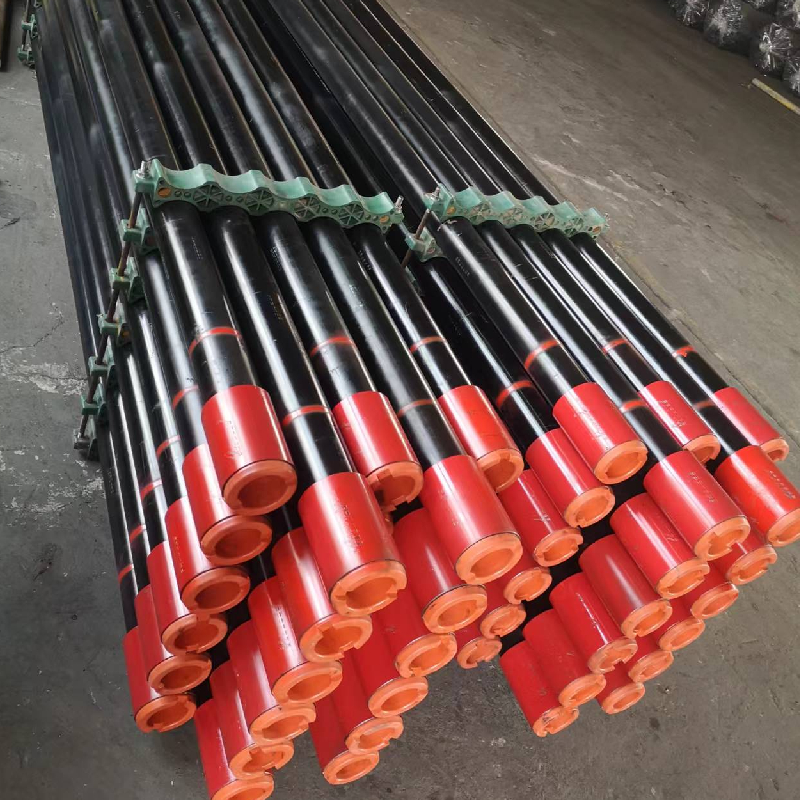- Afrikaans
- Albanian
- Amharic
- Arabic
- Armenian
- Azerbaijani
- Basque
- Belarusian
- Bengali
- Bosnian
- Bulgarian
- Catalan
- Cebuano
- Corsican
- Croatian
- Czech
- Danish
- Dutch
- English
- Esperanto
- Estonian
- Finnish
- French
- Frisian
- Galician
- Georgian
- German
- Greek
- Gujarati
- Haitian Creole
- hausa
- hawaiian
- Hebrew
- Hindi
- Miao
- Hungarian
- Icelandic
- igbo
- Indonesian
- irish
- Italian
- Japanese
- Javanese
- Kannada
- kazakh
- Khmer
- Rwandese
- Korean
- Kurdish
- Kyrgyz
- Lao
- Latin
- Latvian
- Lithuanian
- Luxembourgish
- Macedonian
- Malgashi
- Malay
- Malayalam
- Maltese
- Maori
- Marathi
- Mongolian
- Myanmar
- Nepali
- Norwegian
- Norwegian
- Occitan
- Pashto
- Persian
- Polish
- Portuguese
- Punjabi
- Romanian
- Russian
- Samoan
- Scottish Gaelic
- Serbian
- Sesotho
- Shona
- Sindhi
- Sinhala
- Slovak
- Slovenian
- Somali
- Spanish
- Sundanese
- Swahili
- Swedish
- Tagalog
- Tajik
- Tamil
- Tatar
- Telugu
- Thai
- Turkish
- Turkmen
- Ukrainian
- Urdu
- Uighur
- Uzbek
- Vietnamese
- Welsh
- Bantu
- Yiddish
- Yoruba
- Zulu
API 5CT Tubing Coupling Specifications and Applications in Oil and Gas Industry
Understanding API 5CT Tubing Couplings A Comprehensive Overview
API 5CT tubing couplings play a critical role in the oil and gas industry, particularly in the extraction and transportation of hydrocarbons. As a widely recognized standard from the American Petroleum Institute (API), the API 5CT specification governs the use of casing and tubing for wells. Tubing couplings, while seemingly minor components, are essential for ensuring the integrity, safety, and efficiency of oil and gas operations.
What is API 5CT?
API 5CT is a specification that outlines the requirements for the casing and tubing used in the oil and gas industry. It provides guidelines on the materials, dimensions, and mechanical properties required for various types of tubing and casing. The specification is crucial for ensuring that the equipment can withstand high pressure and stress conditions commonly found in oil and gas wells.
The Role of Tubing Couplings
Tubing couplings are threaded pipe fittings that connect individual lengths of tubing to form a complete string. While the tubing itself serves as the pathway for oil and gas to flow from the well to the surface, couplings provide a vital link that ensures the structural integrity of the tubing string.
Types of Tubing Couplings
API 5CT tubing couplings come in various types, each designed for specific applications
. The most common types include1. Regular Couplings These couplings feature standard threads and dimensions, making them suitable for general applications. They provide decent strength and are widely used in many conventional drilling scenarios.
api 5ct tubing coupling

2. Heavy Wall Couplings These are thicker than regular couplings, providing added strength and making them particularly useful in high-pressure environments.
3. Locking Couplings Designed to provide enhanced torque resistance, locking couplings are beneficial in situations where the risk of unscrewing is substantial.
4. Long Couplings These are longer than standard couplings, offering increased strength and stability. They are typically used in deeper wells where additional support is needed.
Materials and Manufacturing Standards
API 5CT tubing couplings are manufactured from high-strength carbon steel or alloy steel, ensuring durability and resistance to corrosion and extreme temperatures. The manufacturing process adheres to stringent quality control measures, ensuring that each coupling meets the specification requirements for mechanical properties, such as yield strength and tensile strength.
Importance of Quality and Compliance
Using API 5CT compliant tubing couplings is crucial for the safety and efficiency of drilling operations. Components that do not meet the API standards can lead to catastrophic failures, resulting in costly downtime, environmental damage, and safety hazards for personnel. Therefore, it is essential for oil and gas companies to source their tubing couplings from reputable manufacturers who adhere to API standards.
Conclusion
In conclusion, API 5CT tubing couplings play an indispensable role in the oil and gas industry. They serve as the connective tissue in the wellbore, ensuring that oil and gas can be safely and efficiently transported from underground reservoirs to the surface. Understanding the different types of couplings, their materials, and their importance in drilling operations is vital for anyone involved in the industry. By adhering to API standards, companies can ensure the safety and reliability of their operations, ultimately leading to more efficient resource extraction and a reduced environmental footprint. As technology continues to advance, it is likely that tubing coupling designs and materials will evolve, further enhancing their performance and reliability in challenging environments.
-
Tubing Pup Joints: Essential Components for Oil and Gas OperationsNewsJul.10,2025
-
Pup Joints: Essential Components for Reliable Drilling OperationsNewsJul.10,2025
-
Pipe Couplings: Connecting Your World EfficientlyNewsJul.10,2025
-
Mastering Oilfield Operations with Quality Tubing and CasingNewsJul.10,2025
-
High-Quality Casing Couplings for Every NeedNewsJul.10,2025
-
Boost Your Drilling Efficiency with Premium Crossover Tools & Seating NipplesNewsJul.10,2025







